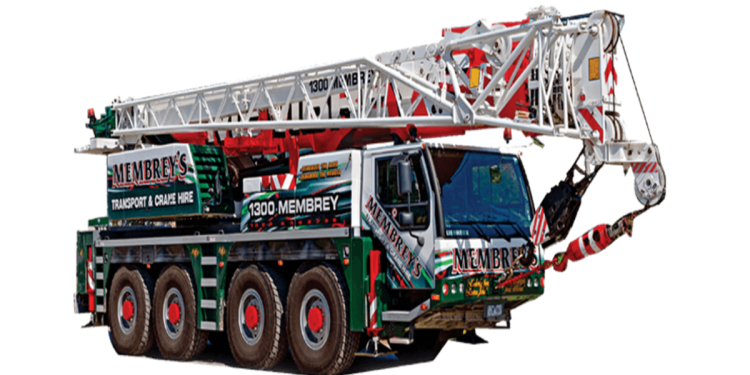Not all job sites are the same which means they require different pieces of equipment at varying times of the process. That said, it’s impractical for a construction company to own every possible piece of equipment on the off chance that it may be needed at some point.
Fortunately, there’s a more practical and affordable solution. Several construction company owners are already using the crane hire Melbourne and other Australian towns are offering. However, if you’re planning on using a crane for the first time, you’ll find the information in this post quite useful.
What to Know for First-Time Crane Hire
Choosing to hire equipment rather than purchase not only saves a considerable amount of initial capital but also eliminates the need for storage and maintenance costs. We’ve listed the top aspects to check or consider when you’re setting out to hire for the first-time.
1. Review the Work Area
Novice crane users will soon find out that these bulky pieces of equipment are not a one-size-fits all concept. Certain crane types are better suited to specific jobs. With that in mind, your first order of business is to establish what you need the crane to do.
To help you with this, review these factors:
- Site terrain: What type of terrain will the crane be working on? Here you will need to check if the ground is uneven or muddy. Is there space for the crane to work exactly where it’s needed?
- Road access: Some cranes, such as mobile cranes, can be driven to the site. Standing cranes, on the other hand, need to be transported and set up on the job site. This means you will need to check if there’s road access to the job site. This also includes assessing overhead conditions such as powerlines, buildings, or trees that could be in the way of the crane during transport.
- Potential crane options: If you’re not sure what type of crane you’ll need, it’s a good idea to discuss the scope of your job site with your rental agent. Popular options usually include tower cranes usually used for heavy construction or more streamlined mobile cranes more suited to moving materials from one high area to another. When you’re considering crane options, it’s always recommended to assess if you need any additional accessories or cranes with special features. These often include features such as snag prevention, sway control or assisted load turning for heavier loads.
2. Assess the Load Capacity Needed
Not only are varying types of cranes better suited to performing different functions, but they’re also capacity-specific. This means that you will need to know what needs to be moved, and for what distance.
Knowing this will make it easier for you to establish the capacity of the crane needed. To facilitate the moving process, your rental agent may recommend using specialised rigging gear. Many crane models are available in different sizes, with various weight capacities. Using the right one will ensure that your job is done safely and efficiently.
3. Understand the Rental Agreement
You may think that one rental agreement is pretty much like another. But just as cranes differ, so do the accompanying contracts. It’s essential to be clear about what these contracts cover and offer.
Here are a few key contract pointers to get clarity on before you sign on the dotted line:
- No hidden fees: Check that the contract has the exact amount of the hire recorded. There should be no hidden costs that appear later on.
- Clarity on transportation: The rental quote should include transportation of the unit to and from the site. Rental companies who drive a mobile crane to and from your job site are a huge plus as this eliminates you having to get a driver to do it.
- Maintenance during the contract period: Query the maintenance procedure. For instance, if the crane breaks down during the lease period, how long will it take to get a replacement unit? Checking when last the machine was maintained or serviced will give you an indication of its condition.
- Procedure to increase lease period: Ideally, you should have an idea of the number of days that you’ll need the crane for. However, anything from rain to a delay in other aspects of the project can cause you to need the crane for a day or two longer. It’s important to know what process needs to be followed to arrange this as well as how this would impact the overall cost. The good news is that most credible rental agencies can easily extend your contract if this type of issue arises.
Final Thoughts
Opting for crane hire saves you the hassle of buying a piece of equipment that you may not need for future projects. Use our tips to ensure that your first rental experience happens as smoothly as possible. This, in turn, will make it much simpler to get any equipment that you may need for future projects.













